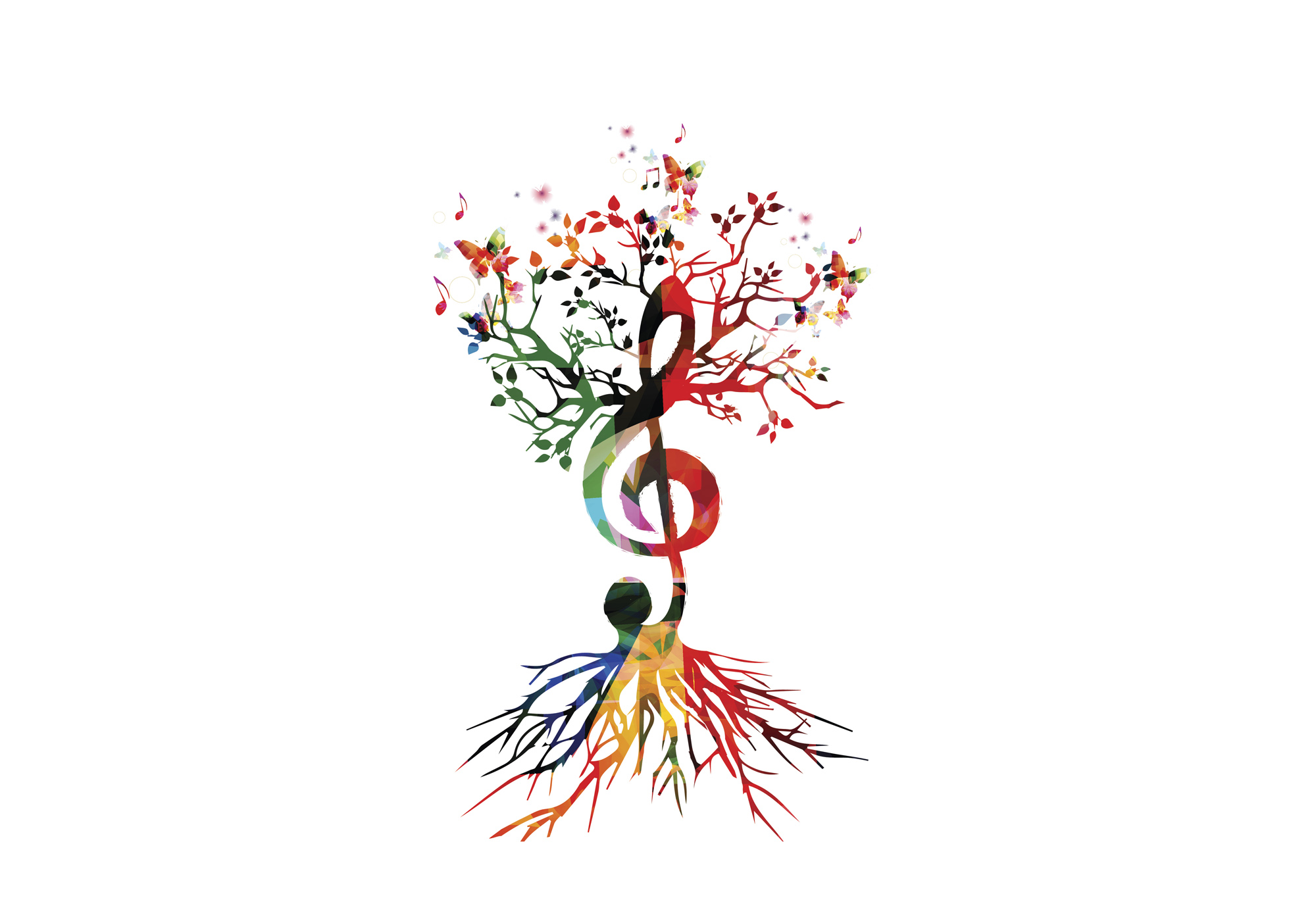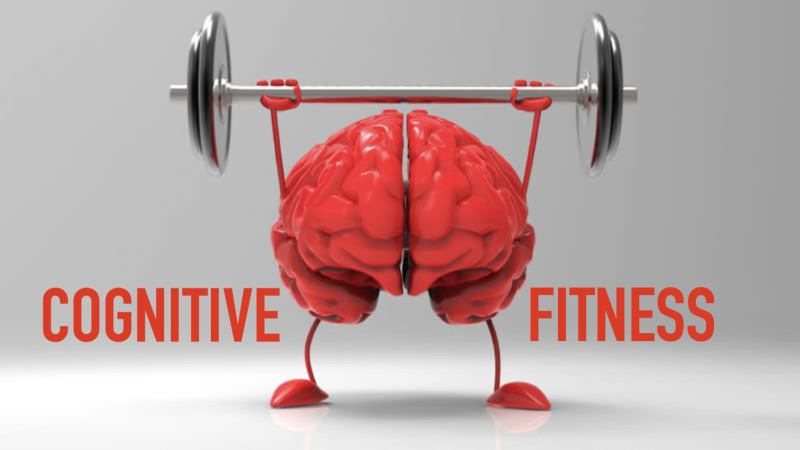Key Takeaways
- Music therapy can significantly reduce pain levels, aiding in faster recovery from injuries and surgeries.
- It improves sleep quality, helping individuals fall asleep faster and enjoy more restful nights.
- Music therapy boosts physical coordination, enhancing motor skills and balance.
- It effectively alleviates symptoms of anxiety and depression, promoting emotional well-being.
- Scientific studies confirm that music therapy activates key brain regions involved in emotion and memory.

“Music Therapy for ADHD: How Rhythm …” from www.additudemag.com and used with no modifications.
The Impact of Music Therapy on Well-being
Music has an undeniable power to move us, whether it’s the catchy rhythm of a pop song or the soothing melody of a classical piece. But did you know that music can also be a powerful tool for healing and improving your well-being? Music therapy harnesses this power to bring about positive changes in our mental, emotional, and physical health.
Understanding the Power of Music
Music can evoke strong emotions and memories, making it a unique form of expression and communication. It can calm us down when we’re stressed or lift our spirits when we’re feeling low. This is because music has a direct effect on our brain, influencing areas that regulate mood, emotion, and even pain perception.
When you listen to music, your brain releases dopamine, a chemical associated with pleasure and reward. This is why listening to your favorite song can make you feel so good. But beyond just making us feel good, music has therapeutic benefits that can help improve our overall well-being.
Introducing Music Therapy
Music therapy is a clinical and evidence-based practice that uses music interventions to achieve individualized goals. It’s not just about listening to music; it’s about using music as a tool to address specific health concerns. A trained music therapist tailors sessions to meet the unique needs of each individual, whether it’s managing stress, improving communication, or enhancing physical rehabilitation.
For example, in a typical music therapy session, you might engage in activities like singing, playing instruments, or writing songs. These activities are designed to help you express yourself, process emotions, and connect with others. The therapist guides you through these experiences, helping you achieve therapeutic goals in a supportive and creative environment.

Physical Benefits of Music Therapy
Music therapy is not just about mental health; it also offers significant physical benefits. Whether you’re recovering from surgery or managing a chronic condition, music therapy can be a valuable part of your treatment plan. For those seeking additional ways to manage stress, exploring centering techniques for stress relief can complement the therapeutic effects of music.
Reducing Pain and Aiding Recovery
One of the most well-documented benefits of music therapy is its ability to reduce pain. Studies have shown that listening to music can decrease the perception of pain, making it a useful tool for pain management. This is particularly beneficial for patients recovering from surgery or those dealing with chronic pain conditions.
Music therapy can help distract the mind from pain, reducing the need for medication and speeding up recovery times. For instance, a study involving patients undergoing knee surgery found that those who listened to music during their recovery reported less pain and anxiety compared to those who didn’t.
Improving Sleep Quality
Struggling with sleep is a common issue, but music therapy can help improve sleep quality. Listening to calming music before bed can help you relax, fall asleep faster, and enjoy deeper, more restful sleep. This is because music can slow down your heart rate and breathing, preparing your body for sleep.
In a study on individuals with insomnia, those who listened to relaxing music before bed experienced improved sleep quality and duration. This suggests that incorporating music therapy into your bedtime routine can be a simple yet effective way to enhance your sleep.
Boosting Physical Coordination
Music therapy can also enhance physical coordination, making it beneficial for individuals with motor skill challenges. Activities like dancing or playing musical instruments require coordination and timing, which can help improve these skills over time.
For people with conditions like Parkinson’s disease, music therapy can provide auditory cues that aid in movement and balance. A study found that music-based movement therapy improved motor function and balance in individuals with Parkinson’s, highlighting the potential of music therapy in physical rehabilitation.

Mental and Emotional Benefits
Besides its physical benefits, music therapy is a powerful tool for improving mental and emotional health. It can help you process emotions, reduce stress, and enhance your overall quality of life.
Alleviating Anxiety and Depression
Music therapy has proven to be a powerful ally in the fight against anxiety and depression. By engaging with music, individuals can experience a reduction in symptoms, providing a sense of relief and emotional balance. This is because music has a unique ability to tap into our emotions and provide a safe outlet for expression.
For instance, listening to soothing music can help calm the nervous system, reducing feelings of anxiety. Similarly, engaging in music-making activities, such as playing an instrument or singing, can boost mood and increase feelings of joy and satisfaction. A study published in the Journal of Affective Disorders found that music therapy significantly reduced depressive symptoms in participants, highlighting its effectiveness as a complementary treatment.
Enhancing Emotional Expression
One of the remarkable benefits of music therapy is its ability to enhance emotional expression. Music provides a non-verbal language through which individuals can convey their feelings, thoughts, and experiences. This is particularly beneficial for those who may struggle to articulate their emotions verbally.
In a music therapy session, individuals are encouraged to express themselves through music, whether by composing a piece, improvising on an instrument, or even writing lyrics. This creative process allows for the exploration of complex emotions, leading to greater self-awareness and emotional release. As a result, individuals often report feeling more connected to their emotions and better equipped to manage them.
Increasing Self-Confidence
Music therapy can also play a significant role in boosting self-confidence. Engaging in musical activities provides a sense of accomplishment and mastery, which can enhance self-esteem and self-worth. Whether it’s learning to play a new instrument or successfully performing a song, these achievements can foster a positive self-image.
Moreover, participating in group music therapy sessions can encourage social interaction and collaboration, further building confidence in one’s abilities. The supportive environment of music therapy allows individuals to take risks, make mistakes, and learn from them, ultimately leading to increased self-assurance.

Scientific Evidence Supporting Music Therapy
While the benefits of music therapy are widely recognized, it’s essential to explore the scientific evidence that supports its effectiveness. Numerous studies have demonstrated the positive impact of music therapy on various aspects of health and well-being.
Key Studies and Findings
Research has shown that music therapy can lead to significant improvements in mental and physical health outcomes. A meta-analysis of over 400 studies revealed that music therapy has a positive effect on conditions such as anxiety, depression, and chronic pain. The analysis also highlighted its role in improving quality of life and emotional well-being.
Another study conducted by the Cochrane Collaboration found that music therapy reduced anxiety and improved mood in patients undergoing medical procedures. These findings underscore the therapeutic potential of music therapy across diverse populations and settings.
Brain Regions Activated by Music
Music’s influence on the brain is a fascinating area of study. When we engage with music, several brain regions are activated, including those involved in emotion, memory, and motor control. This widespread activation explains why music can have such a profound impact on our emotions and behavior.
For example, the amygdala, a brain region associated with processing emotions, becomes highly active when we listen to music that resonates with us. Similarly, the hippocampus, which plays a crucial role in memory formation, is engaged during musical experiences. This neural activity helps explain why music can evoke powerful memories and emotions.
Formulation of Personalized Interventions
One of the strengths of music therapy is its ability to provide personalized interventions tailored to individual needs. Music therapists work closely with clients to develop treatment plans that address specific goals and challenges. This personalized approach ensures that each session is meaningful and relevant to the individual’s unique circumstances.
By considering factors such as musical preferences, cultural background, and therapeutic goals, music therapists create interventions that resonate with clients on a personal level. This personalized approach enhances the effectiveness of music therapy, making it a valuable tool for promoting health and well-being.

“Can Music Therapy Help You Optimize …” from www.nutrisense.io and used with no modifications.
Mindful Listening and Its Effects
Mindful listening is a practice that involves fully immersing oneself in the experience of listening to music. By focusing on the present moment and being aware of the sounds, rhythms, and emotions evoked by the music, individuals can cultivate a deeper connection to the music and themselves.
Practicing mindful listening can lead to a range of benefits, including reduced stress, increased relaxation, and enhanced emotional awareness. By paying attention to the nuances of the music, individuals can experience a heightened sense of mindfulness and presence.
- Find a quiet space free from distractions.
- Select music that resonates with you emotionally.
- Focus on the sounds, rhythms, and melodies.
- Notice any emotions or sensations that arise.
- Allow yourself to be fully present in the moment.
By incorporating mindful listening into daily life, individuals can enhance their well-being and deepen their appreciation for music. Whether it’s a few minutes of focused listening or a longer session, mindful listening can be a powerful tool for relaxation and self-reflection.
How to Practice Mindful Listening
To practice mindful listening, start by choosing a piece of music that you enjoy and find meaningful. Sit in a comfortable position, close your eyes, and take a few deep breaths to center yourself. As you listen to the music, pay attention to the details—the melody, harmony, rhythm, and dynamics.
Notice how the music makes you feel and any thoughts or memories that arise. If your mind starts to wander, gently bring your focus back to the music. Allow yourself to be fully present in the experience, letting go of any judgments or distractions.
Mindful listening can be practiced anywhere, whether you’re at home, on a walk, or commuting. By integrating this practice into your routine, you can enhance your connection to music and experience its therapeutic benefits more deeply.
Mindful Listening in Therapeutic Settings
Mindful listening is an integral component of music therapy sessions. In these settings, therapists guide individuals to focus their attention on the music, encouraging them to explore their emotional responses and bodily sensations. This practice can deepen the therapeutic experience, allowing clients to gain insights into their thoughts and feelings.
During a session, the therapist might play a piece of music and ask the client to describe what they hear and feel. This active engagement with the music helps clients become more aware of their inner experiences, facilitating emotional processing and healing. Mindful listening also fosters a sense of calm and relaxation, making it an effective tool for reducing stress and anxiety.
Potential Enhancements in Daily Life
Incorporating mindful listening into your daily routine can significantly enhance your well-being. By setting aside a few minutes each day to engage in this practice, you can cultivate a deeper connection to music and yourself. This can lead to increased mindfulness, reduced stress, and greater emotional awareness.
To start, choose a time and place where you won’t be interrupted. Select music that resonates with you, and allow yourself to be fully present as you listen. Notice the details of the music and how it makes you feel. Over time, this practice can help you develop a greater appreciation for music and its therapeutic potential.
Conclusion: Embracing Music Therapy for Wellness
Music therapy offers a powerful and versatile approach to enhancing well-being. From reducing pain and improving sleep to alleviating anxiety and boosting self-confidence, its benefits are vast and well-documented. By engaging with music in a mindful and therapeutic way, individuals can experience profound changes in their mental, emotional, and physical health.
Whether you’re dealing with a specific health condition or simply looking to improve your overall quality of life, music therapy can be a valuable addition to your wellness routine. By embracing the power of music, you can unlock new pathways to healing and self-discovery.

“Can music improve our health and …” from www.health.harvard.edu and used with no modifications.
Frequently Asked Questions
Many people have questions about music therapy and how it can be integrated into their lives. Here are some of the most common inquiries and answers to help you better understand this therapeutic approach.
- What is the main purpose of music therapy?
- Can music therapy help with sleep disorders?
- Is there scientific proof that music affects the brain?
- How does mindful listening differ from regular listening?
- What should I expect in a music therapy session?
Music therapy aims to use music as a tool to achieve therapeutic goals, such as reducing stress, improving communication, and enhancing physical rehabilitation. It’s a versatile approach that can be tailored to meet individual needs.
What is the main purpose of music therapy?
The primary goal of music therapy is to use music as a therapeutic tool to address physical, emotional, cognitive, and social needs. By engaging with music in a structured and supportive environment, individuals can achieve specific health and wellness goals, such as reducing anxiety, improving motor skills, or enhancing emotional expression. For more information, you can explore music therapy types and benefits.
Can music therapy help with sleep disorders?
Yes, music therapy can be an effective intervention for sleep disorders. Listening to calming music before bed can help individuals relax and prepare for sleep, leading to improved sleep quality and duration. Music therapy can also address underlying issues contributing to sleep disturbances, such as stress or anxiety. For more information on the types and benefits of music therapy, you can explore further resources.
Is there scientific proof that music affects the brain?
Absolutely. Numerous studies have demonstrated that music has a profound impact on the brain. Listening to music activates various brain regions involved in emotion, memory, and motor control. This neural activity helps explain why music can evoke strong emotions and influence behavior.
How does mindful listening differ from regular listening?
Mindful listening involves fully focusing on the music and being present in the moment, while regular listening may involve passive or distracted engagement. Mindful listening encourages individuals to pay attention to the details of the music and their emotional responses, fostering greater awareness and connection. For more on enhancing focus, explore these centering techniques.
What should I expect in a music therapy session?
In a music therapy session, you can expect to engage in various musical activities, such as listening, singing, or playing instruments. The therapist will guide you through these experiences, helping you explore emotions and achieve therapeutic goals. Each session is tailored to your unique needs and preferences, providing a supportive and creative environment for healing.
Music therapy is a powerful and versatile tool for enhancing well-being. By understanding its benefits and how to incorporate it into your life, you can harness the power of music to promote healing and personal growth. Whether through professional sessions or mindful listening practices, music can be a valuable ally on your journey to wellness.










Leave a Reply